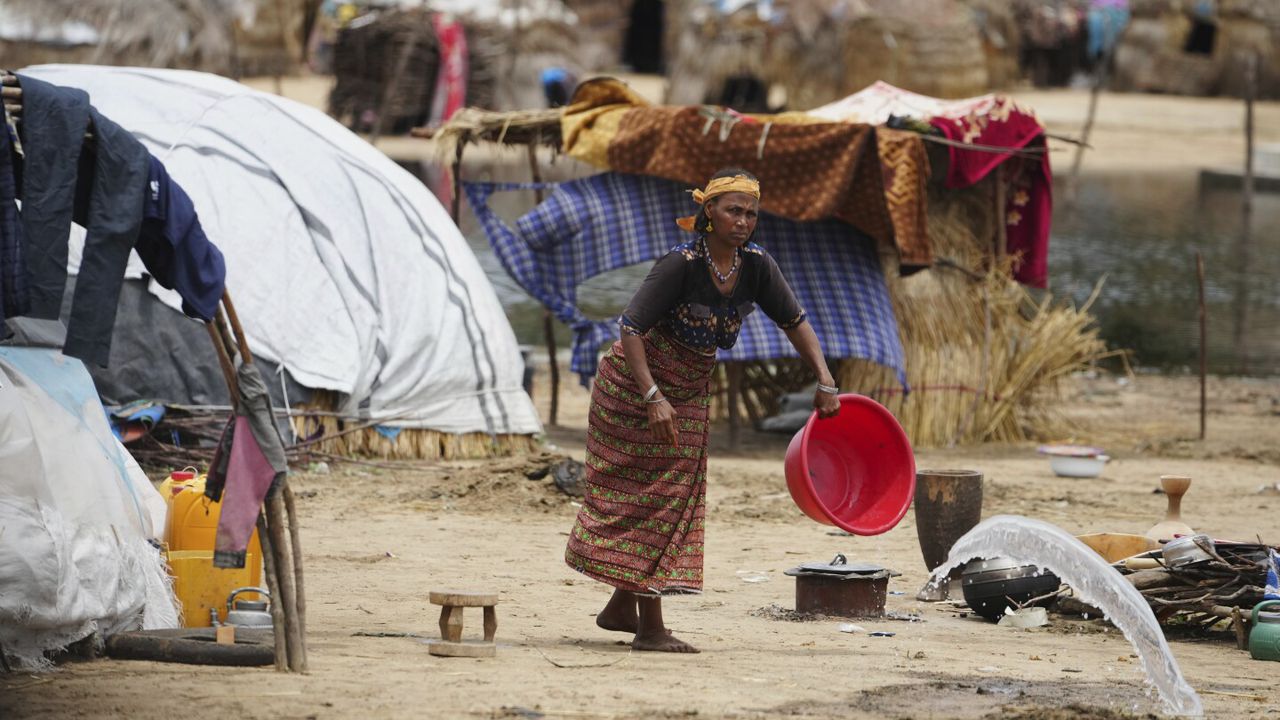News
Hunger Crisis: Over 31 Million Nigerians Struggle to Survive as Aid Wears Thin

By Doubra Diafa
As the cost of living continues to soar and insecurity deepens across many parts of the country, no fewer than 31 million Nigerians are now at risk of severe hunger, according to the latest warning from the United Nations.
In a joint statement released this week, the World Food Programme (WFP) and the Food and Agriculture Organization (FAO) said Nigeria is on the brink of a humanitarian disaster, especially in the northeastern and northwestern regions, where food access has drastically declined due to armed conflict, displacement, and inflation.
The UN agencies painted a grim picture of the situation in states like Borno, Yobe, and Adamawa, where violence by insurgent groups has left thousands of families without farms, food, or shelter.
In displacement camps across Maiduguri and Yola, mothers are seen queuing for hours in scorching heat, hoping to receive small food rations that may not come. Some families are already going days without meals. Clinics set up to treat malnourished children are closing down due to a lack of resources and medical supplies.
Across Nigeria, inflation has made food increasingly unaffordable. A bag of rice now costs more than many monthly salaries. In Lagos, Port Harcourt, and even in smaller towns, families say they are skipping meals to cope with rising prices.
Climate change is another underlying issue. This year’s farming season has been disrupted by irregular rainfall and flooding in parts of the Middle Belt, further compounding the problem.
While the UN is appealing for additional funding to support food programs, local advocates are urging the government to declare a state of emergency on food security.
“This is not just a hunger crisis. It’s a national crisis that affects our economy, health, and future,” said Dr. Ibrahim Salisu, an agricultural economist based in Abuja.













